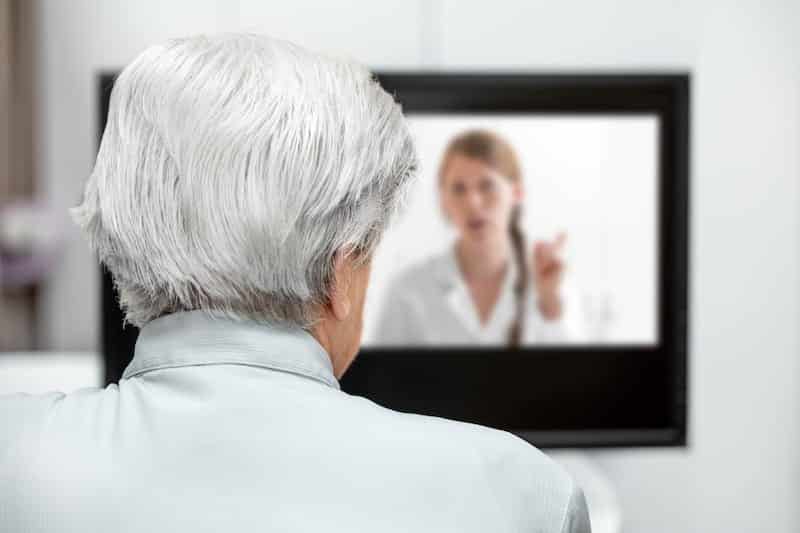At the time of this writing, Congress has passed a stop-gap measure to prolong Medicare coverage of telehealth, including for audiology. Otherwise, coverage would have ended Dec. 31, 2024.
There is now a 3-month extension for teleaudiology and other telehealth under Medicare, but it’s not clear if coverage will continue beyond that date. As of now, after March 31, all bets are off. And even if it’s continued with another extension, there’s always the concern that coverage could be ended at a later date.
Since Congress expanded Medicare coverage of telehealth in 2020, it has been renewed every year since. But clearly, that is not guaranteed. Congress had been ready to pass a resolution that would have funded the federal government into 2025 and included a two-year extension for expanded Medicare coverage of telehealth. But then some lawmakers changed their minds.
What is needed is legislation to secure Medicare coverage of all telehealth, including teleaudiology, for the long term.
Ensuring Equal Access
Of course, telehealth surged in popularity during the COVID-19 pandemic, especially in its early days in 2020. While people do not use this service as much as they did then, it is still in use, and something that many patients have come to rely on.
This issue is of particular concern to older adults and people in rural areas—and the HCPs who treat these populations. Losing access to teleaudiology would disproportionately affect these people.

Passing Needed Legislation for Teleaudiology
This is not the first time access to teleaudiology has been in danger of ending, and it likely won’t be the last. This is why the American Academy of Audiology (AAA), Academy of Doctors of Audiology (ADA), and American Speech-Language-Hearing Association (ASHA) have all endorsed the Medicare Audiology Access Improvement Act (MAAIA). This bipartisan legislation was introduced in both the House and Senate in 2023. It was an updated version of previously introduced legislation that had garnered support but had not passed and been signed into law.
The MAAIA would include audiologists as “practitioners” under the Medicare statute to allow them to continue to provide expanded audiology and vestibular services to Medicare beneficiaries, including telehealth. It would also authorize the CMS to reimburse audiologists for Medicare-covered treatment and diagnostics. It was hoped the stipulations of the legislation would go into effect in 2025.
What HCPs Can Do
While such legislation hasn’t yet become law, it doesn’t mean that it can’t. Hearing care professionals can help advocate for the legislation needed to protect access—both for the sake of HCPs and their businesses and for their patients who rely on teleaudiology and other forms of telehealth. The same goes for Medicare coverage and reimbursement of audiology services in general.
If you haven’t already, or even if you have, you can write to your congresspeople and senators imploring them to support such legislation. You can work to push forward legislation as part of any professional organizations you belong to. You can also ask your patients to become advocates. After all, it will greatly benefit patients and HCPs if teleaudiology access is safeguarded for good.
— Melanie Hamilton-Basich
Melanie Hamilton-Basich is the chief editor of The Hearing Review. You can reach her at [email protected].





